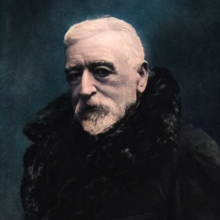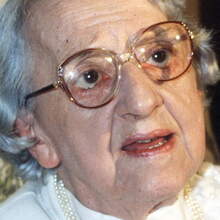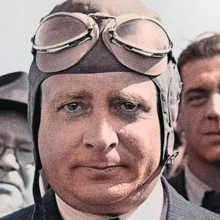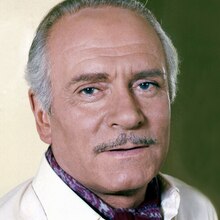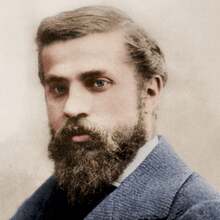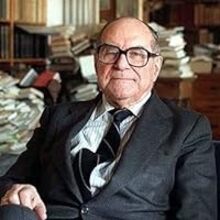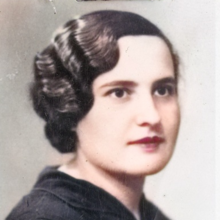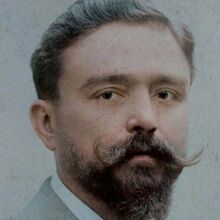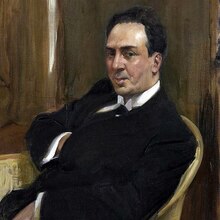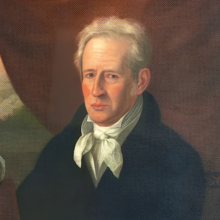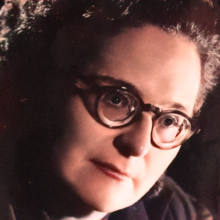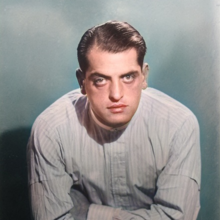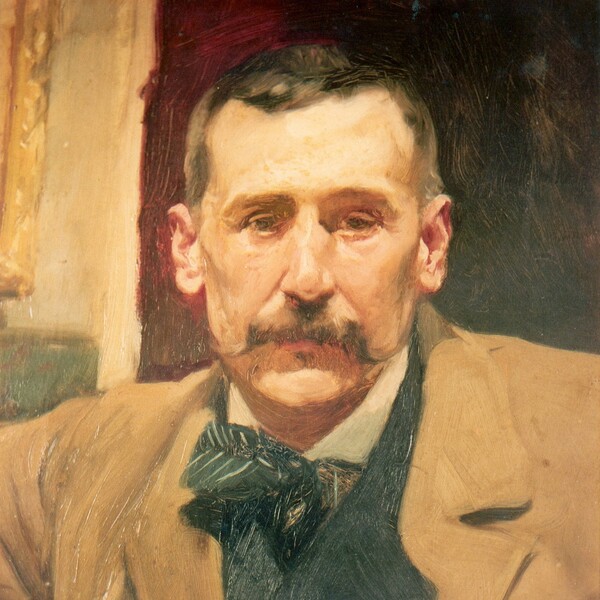
Personal
Other names:
Job / Known for:
Spanish realist novelist and playwright
Left traces:
His novels and plays, especially
Born
Date:
1843-05-10
Location:
ES
Las Palmas de Gran Canaria, Canary Islands
Died
Date:
1920-01-04 (aged 77)
Resting place:
ES
Madrid
Death Cause:
Uremia
Family
Spouse:
Children:
María Pérez Galdós (illegitimate daughter)
Parent(s):
Sebastián Pérez and Dolores Galdós
QR Code:
 My QR code:
Benito Perez Galdpos
https://DearGone.com/11059
My QR code:
Benito Perez Galdpos
https://DearGone.com/11059
Key Ownner:
Not yet supported by key owner
Show More
Rank
Users ranking to :
Thanks, you rate star
Ranking
5.0
1
Fullname
Benito Perez Galdpos
Fullname NoEnglish
Benito Pérez Galdós
Slogan
The man of reflection discovers Truth; but the one who enjoys it is the man of action.
About me / Bio:
Show More
Article for Benito Perez Galdpos
Died profile like Benito Perez Galdpos
Comments:
